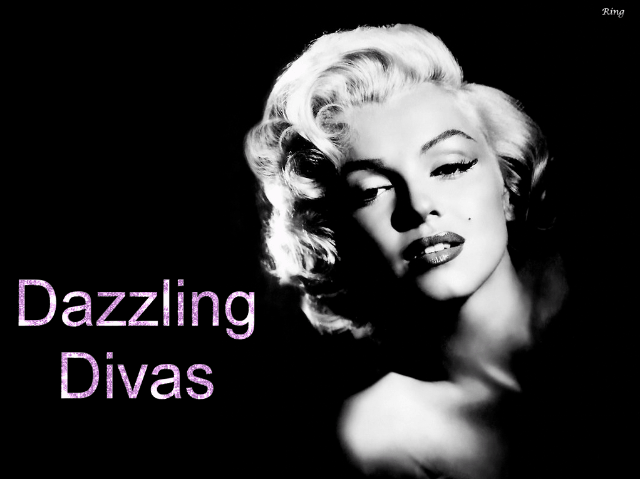History
The song was written for and recorded with Gainsbourg's girlfriend, Brigitte Bardot, in winter 1967. Bardot asked him to write the most beautiful love song he could imagine and that night he wrote "Je t'aime" and "Bonnie and Clyde". They recorded an arrangement of "Je t'aime" by Michel Colombier at a Paris studio in a two-hour session in a small glass booth; the engineer William Flageollet said there was "heavy petting".However, news of the recording reached the press and Bardot's husband, German businessman Gunter Sachs, was angry and called for the single to be withdrawn. Bardot pleaded with Gainsbourg not to release it, and although he protested that "The music is very pure. For the first time in my life, I write a love song and it's taken badly", he complied.In 1968, Gainsbourg fell in love with English actress Jane Birkin on the set of their film Slogan. After filming, he asked her to record the song with him. Birkin had heard the Bardot version and thought it "so hot." She said: "I only sang it because I didn't want anybody else to sing it," jealous at the thought of his sharing a recording studio with someone else. Gainsbourg asked her to sing an octave higher than Bardot, "so you'll sound like a little boy." It was recorded in an arrangement by Arthur Greenslade in a studio at Marble Arch. Birkin said she "got a bit carried away with the heavy breathing – so much so, in fact, that I was told to calm down, which meant that at one point I stopped breathing altogether. If you listen to the record now, you can still hear that little gap." There was media speculation, as with the Bardot version, that they had recorded live sex, to which Gainsbourg told Birkin, "Thank goodness it wasn't, otherwise I hope it would have been a long-playing record." It was released in February 1969. The single had a plain cover, with the words "Interdit aux moins de 21 ans" (forbidden to those under 21), and the record company changed the label from Philips to Fontana.
Gainsbourg also asked Marianne Faithfull to record the song with him; she said: "Hah! He asked everybody". Others approached included Valérie Lagrange and Mireille Darc. Bardot regretted not releasing her version, and a friend, Jean-Louis Remilleux persuaded her to contact Gainsbourg. They released it in 1986.
Reception
When the version with Bardot was recorded, the French press reported that it was an "audio vérité". France-Dimanche said the "groans, sighs, and Bardot's little cries of pleasure [give] the impression you're listening to two people making love". The first time Gainsbourg played it in public was in a Paris restaurant immediately after they recorded it . Birkin said that "as it began to play all you could hear were the knives and forks being put down. 'I think we have a hit record,' he said."The lyrical subtleties were lost on late-1960s Brits. What they heard was an expertly stroked organ, orgasmic groans and a soft-focus melody, the musical equivalent of a Vaseline-smeared Emmanuelle movie. It was confirmation that life across the Channel was one of unchecked lubriciousness, and Je t'aime became as essential a part of any successful seduction as a chilled bottle of Blue Nun.
The song culminates in orgasm sounds by Birkin: mostly because of this, it was banned from radio in Spain, Sweden, Brazil, the UK, ItalyPoland, and Portugal, banned before 11pm in France, and denounced by the Vatican and the L'Osservatore Romano; the Vatican excommunicated the record executive who released it in Italy.Birkin says Gainsbourg called the Pope "our greatest PR man."
Birkin said in 2004 that "It wasn't a rude song at all[,] I don't know what all the fuss was about. The English just didn't understand it. I'm still not sure they know what it means." When Gainsbourg went to Jamaica to record with Sly and Robbie, they initially did not get on well. They said "We know just one piece of French music, a song called Je t'aime... Moi Non Plus, which has a girl groaning in it." Gainsbourg said "It's me", and their mood changed immediately.


No comments:
Post a Comment